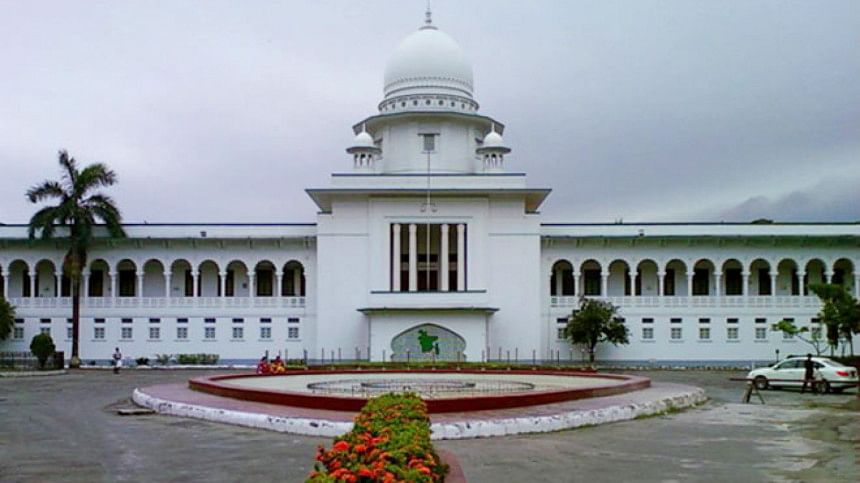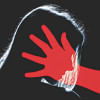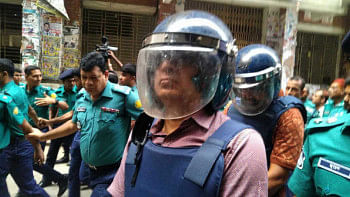HC bans 2-finger test

The High Court yesterday banned the controversial two-finger test or 'virginity test' of rape victims, a medical exam victims had to go through to prove their complaint before their case was ready for trial, declaring that it is unnecessary, unscientific and invalid.
Female physicians, forensic experts, nurses and police must be present during examinations of rape victims, the court ruled while delivering the verdict on a writ petition.
It also ordered the authorities concerned of the government to take necessary steps so that the “Protocol for Healthcare Providers” is strictly followed during examinations of rape victims.
The health ministry has prepared the guidelines in September 2017, upon receiving opinions from experts, keeping in mind the development of women's' physical and mental health, Deputy Attorney General ASM Nazmul Haque told The Daily Star.
The HC directed the government to issue a circular and hold meetings and seminars so that lower court judges, investigation officers, doctors, nurses and lawyers learn the protocol.
A bench of Justice Gobinda Chandra Tagore and Justice AKM Shahidul Huq came up with the verdict in response to a writ petition filed by six rights organisations and two doctors in October, 2013, challenging the legality of the two-finger test.
The petitioners are Ain o Salish Kendra (ASK), Bangladesh Legal Aid and Services Trust (BLAST), Bangladesh Mahila Parishad (BMP), BRAC, Manusher Jonno Foundation and Naripokkho, along with Dr Ruchira Tabassum Naved and Dr Mobarak Hossain Khan.
In the petition, they said the test had no evidential value or scientific merit.
It is humiliating, degrading, and a violation of women and girls' fundamental rights to equality and dignity. Many women reportedly refuse to undergo the test due to its invasive and humiliating nature, and are thus denied justice, as stated in the petition.
Advocate Sharmin Aktar appeared for the writ petition.
Earlier on October 10, 2013, the court questioned the legality and authenticity of the test. It also issued a rule asking the government to explain why the test should not be declared illegal.
An expert committee was also formed upon instructions from the court to formulate guidelines as to how to support rape victims during examination and treatment.
The ministry submitted the draft guidelines with expert opinions suggesting that the test is “unscientific” and “horrendous” suggesting that the test be abolished.
During a hearing on the rule, the HC bench recorded opinions of at least five forensic experts from different hospitals in 2016, of all whom opined that the two-finger test was unethical, unscientific and unnecessary.
TWO-FINGER TEST: VIOLATION OF PRIVACY
While conducting the test, a medical officer uses their index and middle fingers to check if the hymen of the victim is intact or torn, the laxity of her vagina, and if there are signs of injuries on the vaginal wall.
To prove her complaint before the case is ready for trial, a victim had to go through the test, however indecent it may sound.
First, it violates her right to privacy. Second, medical experts worldwide, including in Bangladesh, say this test is unreliable. In their views, if the victim is married, middle-aged, or has conceived multiple times, then how could this test help find any evidence?
"Undoubtedly, the two-finger test and its interpretations violate the right of rape survivors to privacy, physical and mental integrity, and dignity. Thus, this test, even if the report is affirmative, cannot ipso facto, gives rise to presumption of consent,” said the Indian Supreme Court in a landmark order in May 2013.
In the order, the court asked all hospitals to set up separate rooms for forensic and medical examinations. Eight months after the SC order, the Indian government banned the two-finger test.
The test also contradicts the International Covenant on Economic, Social, and Cultural Rights 1966 and the UN Declaration of Basic Principles of Justice for Victims of Crime and Abuse of Power 1985. Under the two legal instruments, rape survivors are entitled to legal recourse that does not re-traumatise them or violate their physical or mental integrity and dignity.

 For all latest news, follow The Daily Star's Google News channel.
For all latest news, follow The Daily Star's Google News channel. 







Comments